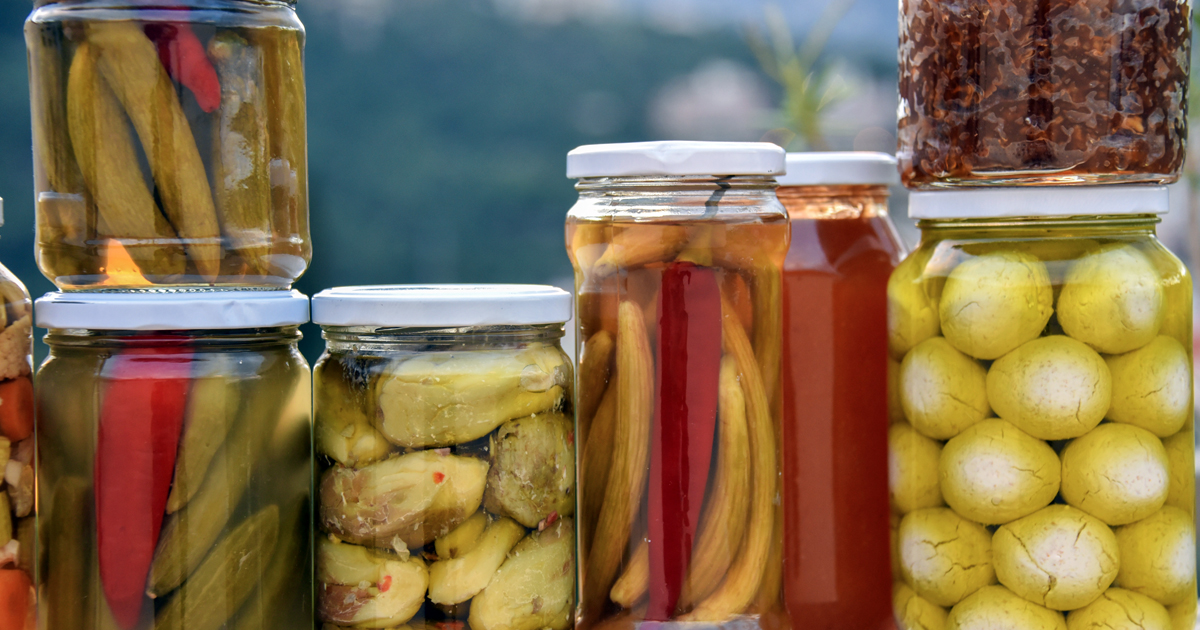
Throughout this past decade, sustainability and food security have been two recurrent concerns that sparked countless conversations ranging from creative ways to limit food waste to radically improving supply chains. These two concerns have been at the center of sustainable development agendas and are key drivers for a more sustainable environment.
Certainly, our social media feeds occasionally expose us to that one food blogger whose conserving food technique will revolutionize cooking or that one person who rediscovers that natural honey never spoils. And these phenomena do fall under that need for a more sustainable environment; a need that, mind you, never conceptualized from pure void and chaos.
The culture of excess in which we live today has been plagued by mass production and hyper consumption. Food is no longer about survival and nourishment. It is a commodity, a symbol governed by aesthetic standards and social media trends. This reality and the repulsive sentiment towards it led to the foundation of this Zero Waste Movement online and with it came these ingenious and creative ways to minimize this waste and repurpose what we consume.
However, this isn’t something new. Our culinary heritage is founded on conservation and sustainable principles which advocates to repurpose every resource bestowed upon us by God. And this describes exactly the essence of the Lebanese Mouneh. What was once a need to prolong the shelf-life of food to survive harsh seasons is being rediscovered to preserve and sustain our environment.
Nothing gets discarded in our “Oudet-El Mouneh”. This symbolic pantry room that once shaped one’s family’s entire year. Fruit peels and overripen fruits turn into delicious jams. Fruits are left to dry, to serve as little sugary treats to snack on. Olives turn into olive oil which is cleaned and repurposed until it is no longer suitable for cooking before being turned into soap. Vine leaves are left to dry and in turn are used to cook the staple Wara’ ‘Enab dish. Za’atar is a testament to this same conservation principle with the sundried leaves that form this staple spice blend we are all used to eating.
This traditional heritage which once passed down through generations is a love letter to our world. It is a testament not only to the resilience of our people but a deep sentiment of pride and affection to the land in which we live in. Preserving this heritage requires more than awareness and sensibilization, it requires time and effort. And time seems more slippery than ever.